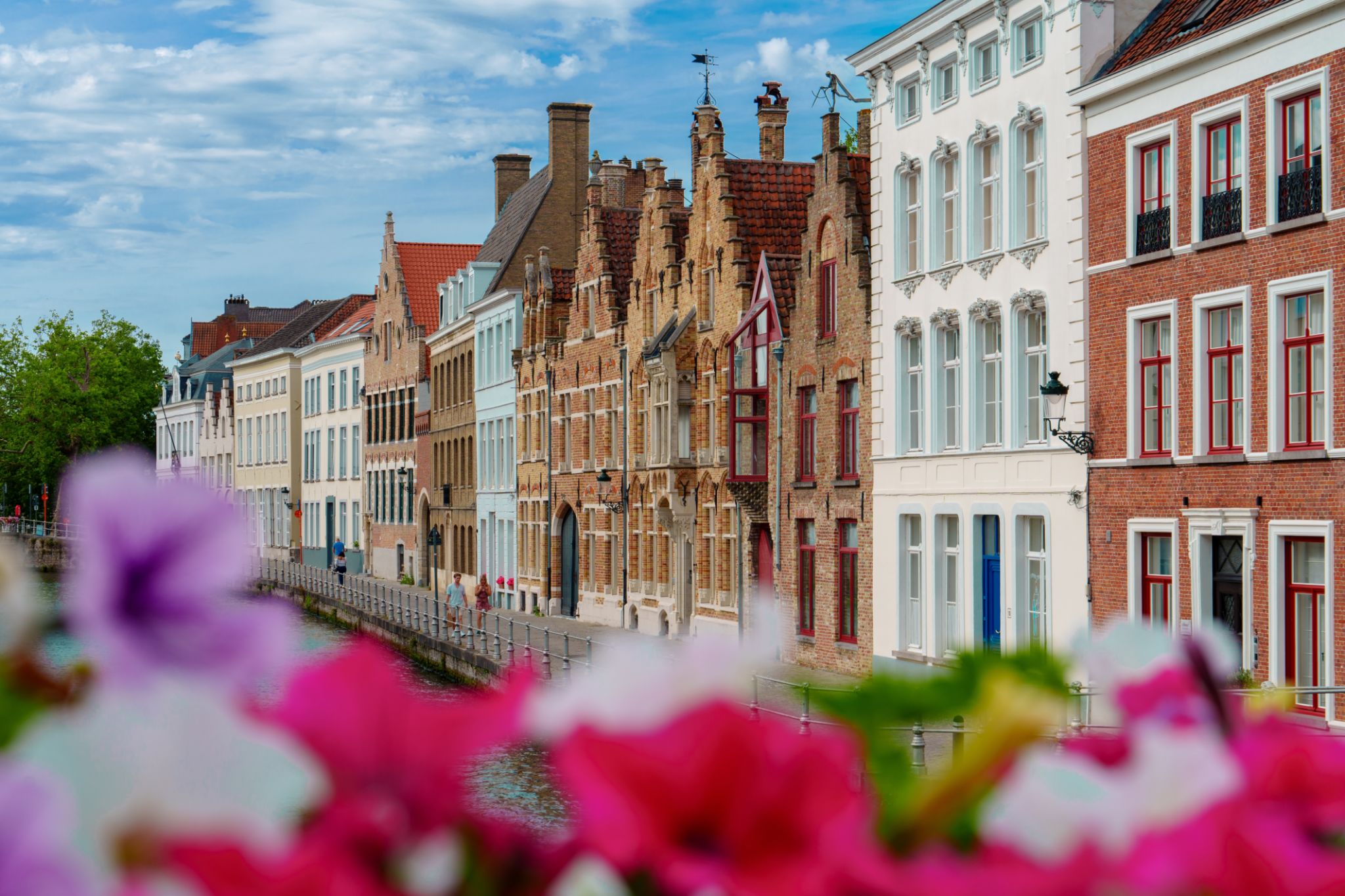The Impact of Local Cultural Centers on Estonian Communities
Introduction to Local Cultural Centers
Local cultural centers play a crucial role in shaping and nurturing the social fabric of Estonian communities. These centers serve as hubs for cultural exchange, community engagement, and preservation of local traditions. By providing a platform for diverse cultural activities, they help foster a sense of belonging and identity among residents.
Estonia, with its rich historical tapestry and diverse ethnic influences, benefits immensely from these centers. They not only promote local arts and crafts but also encourage dialogue and understanding among different cultural groups.

Promoting Community Engagement
One of the primary impacts of local cultural centers is their ability to promote community engagement. By hosting events such as concerts, workshops, and exhibitions, these centers bring people together, creating opportunities for social interaction and collaboration.
Such gatherings help break down barriers between different community groups, fostering a more inclusive environment. Additionally, they provide a space for individuals to share their talents and learn new skills, enriching the community's cultural capital.

Preserving Local Traditions
Estonian cultural centers are instrumental in preserving local traditions and customs. Through regular workshops and classes, these centers teach traditional crafts, dances, and music, ensuring that these practices are passed down to future generations.
This preservation is vital in maintaining the unique cultural identity of Estonian communities. By keeping alive the customs and stories of the past, cultural centers help younger generations understand and appreciate their heritage.

Boosting Local Economies
Beyond cultural enrichment, local cultural centers also contribute significantly to the local economy. By attracting visitors for events and activities, they stimulate economic activity in the area. This influx of visitors supports local businesses such as cafes, restaurants, and shops.
Moreover, cultural centers often collaborate with local artisans and vendors, providing them with opportunities to showcase and sell their products. This collaboration not only boosts individual livelihoods but also strengthens the local economy as a whole.
Fostering Cultural Exchange
Cultural centers are pivotal in fostering cultural exchange within Estonian communities. By hosting international artists and organizing multicultural events, they expose residents to a variety of global perspectives and traditions.
This exchange enriches the local culture by introducing new ideas and practices. It also promotes tolerance and understanding by highlighting the commonalities between diverse cultural experiences.

Conclusion
In summary, local cultural centers are vital to the well-being and development of Estonian communities. They promote community engagement, preserve local traditions, boost the economy, and foster cultural exchange. By supporting these centers, we ensure the continued vitality and diversity of Estonian culture for generations to come.